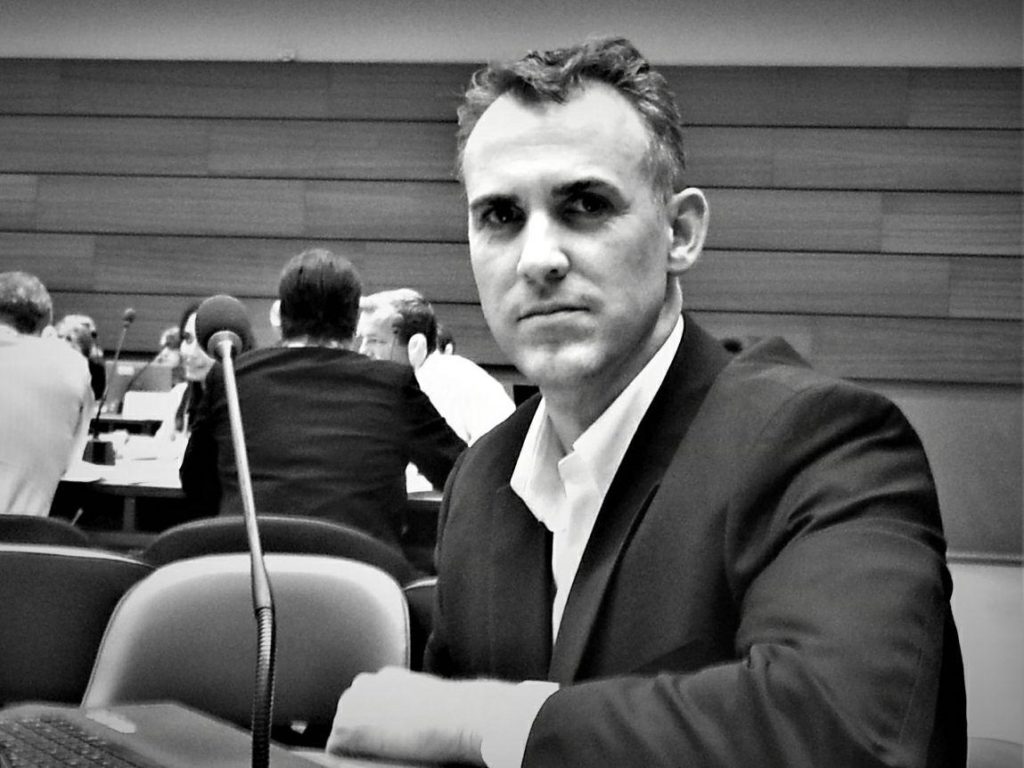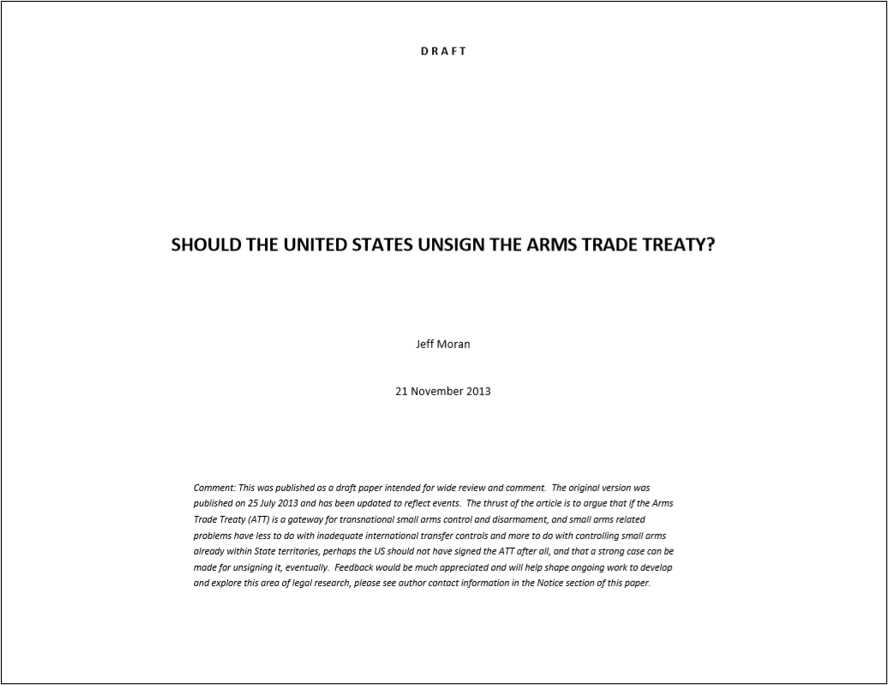INTERNATIONAL ADVOCACY & RESEARCH
Canton Geneva, Switzerland
Overview
TSM internationalized and added a multi-industry law & policy competency leveraging Mr. Moran’s prior industry and diplomatic background, and professional network.
- Engagements primarily entailed strategic representational advocacy and research in and around International Geneva. This is where national governments, international organizations, international industry groups, and civil society advocacy groups come together to promote their interests, exchange views, negotiate, and monitor the implementation of informal and formal international law affecting not only states but also non-state actors (e.g. businesses, non-governmental organizations (NGOs), and private citizens).
- Partners included aerospace, defense, and security industry stakeholders engaged in or specially affected by existing and emerging formal and informal international lawmaking processes such as United Nations-led treaty negotiation and standards-setting, and Swiss-led multi-stakeholder industry governance initiatives.
One line of activity during this phase was participating in and reporting on meeting fora in and around International Geneva. For instance, the photo below was taken during a Geneva meeting with diplomats, academics, and humanitarian civil society groups related to the UN’s Arms Trade Treaty and the Small Arms processes.

As was the norm in Geneva for these processes during this phase, Mr. Moran was the only industry person in the conference room to watch, listen, take notes, and make interventions representing views, interests, and concerns of specially-affected stakeholders.
Publications
1. Negotiator’s Executive Brief.
One formal publication from this time was Jeff Moran’s timely and predictive executive negotiator’s brief Unlikely Consensus. This was published by TSM Worldwide LLC and distributed to state and non-state delegations in advance of the United Nations Conference on the Arms Trade Treaty (ATT) in 2013.
The negotiator’s brief was based on years of investigation and consultation with treaty process insiders and stakeholders. It was a first-of-its-kind publication that contextualized the treaty process, outlined the various treaty factions and their interests, and utilized a probabilistic graphical modeling tool to accurately estimate the resulting conference outcome and name consensus-spoilers.
2. Original, Primary Source Policy Commentary.
A few months after the conclusion of Arms Trade Treaty Conference in 2013, Jeff Moran published the commentary below. This explained the sources of continuing domestic political opposition to the treaty and detailed, fully 6 years before it actually happened, the major reasons why the US eventually unsigned the Arms Trade Treaty.

The paper above and other widely disseminated commentary during this time were provided to, among others, US Ambassador Donald A. Mahley. Ambassador Mahley was an American Special Negotiator for Nonproliferation and the Arms Trade Treaty from 2011-2014. Ambassador Mahley and others eventually concluded that the United States should have never signed the ATT after reading a special version of this paper, and this view became official US foreign policy after the election of 2016.

